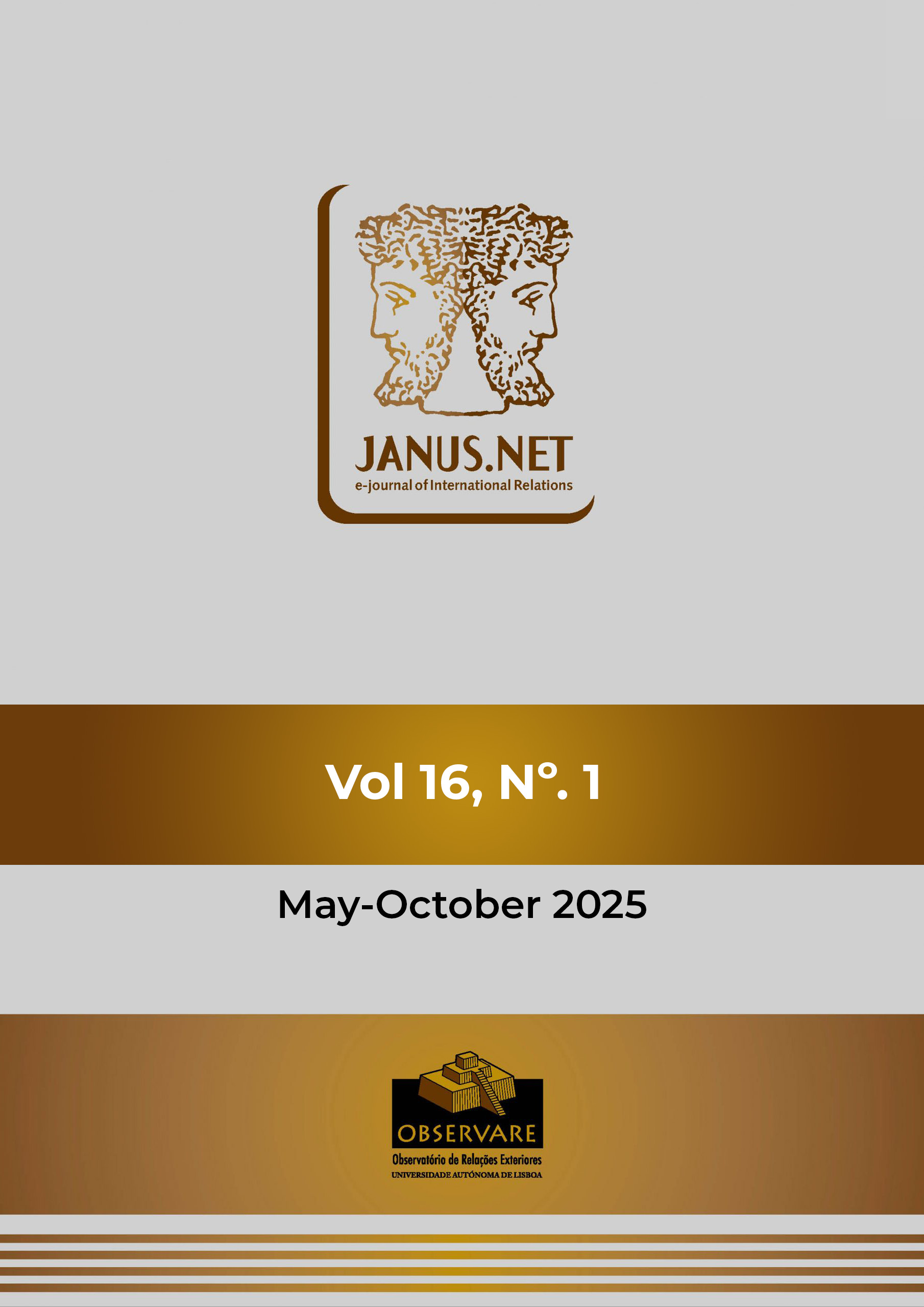LIBERAL DEMOCRACY IMPASSE IN THE TIMES OF CRISIS
DOI:
https://doi.org/10.26619/1647-7251.16.1.1Keywords:
Liberal Democracy, Political Impasse, Individual Sovereignty, Civil Society, State SovereigntyAbstract
Liberalism is theoretically based on a liberal way of thinking with ideas of individual sovereignty, property rights, and free trade. The sovereignty of the individual in question has transformed into a politically democratic form of government and economically a capitalist economic system. With the globalisation of trade and democracy (human rights), areas of freedom have become limiting state sovereignty and political decision-making. Civil society originated from liberalism, such as social movements and non-governmental organisations that have reached the capacity to directly affect domestic and foreign policies by using the areas of individual freedom. In this case, the political will that came to power through elections is at an impasse between implementing the policies that some electorate voted for and those against them. This paper will examine the dilemma of liberal democracy based on individual sovereignty/civil society and state sovereignty through three cases happening in liberal democracies: the raiding of the Congress building by the protesters in the USA, the COVID-19 policies, and the immigrant issue. Relying on these cases, the paper will argue that liberal democracy leads itself to an impasse in practice.


